It cannot be sustainable if autonomy is low.
In the context of Vietnam's deep integration, especially the implementation of Resolution No. 59-NQ/TW on international integration in the new situation, the requirement is to develop a sustainable value chain - Associate Professor, Dr. Bui Quang Tuan, former Director of the Vietnam Economic Institute, Vice President of the Vietnam Economic Science Association, said at the workshop "Strengthening market linkages, stabilizing supply chains and improving competitiveness" recently organized by the Department of Trade Promotion, Ministry of Industry and Trade .

This chain includes stages from research, design, production, logistics, marketing, distribution, to after-sales service and must be organized to ensure all three pillars. Economically , the chain helps create high added value, improve productivity and competitiveness. Socially, it creates quality jobs, ensures fairness, protects the rights of workers and consumers. Environmentally, the chain will reduce emissions, save energy, promote the circular economy and implement extended producer responsibility (EPR).
Our country's value chain is still weak, both in terms of linkage and structure. Mr. Tuan analyzed that the linkage between domestic enterprises and FDI enterprises is very weak, reflected in the very low rate of localization of industrial products, the electronics industry is only about 10%, the automobile industry is 10-15%. The linkage between domestic enterprises is also limited and there is no enterprise large enough to lead other enterprises - which means that the value chain is not yet controlled.
Research by the Vietnam Federation of Commerce and Industry shows that 65% of businesses are not prepared to participate in the global value chain, only 15.3% have a long-term overall strategy. Manufacturing businesses still depend heavily on imported raw materials, such as the textile industry at 50%, and footwear at 45%. "When autonomy is not high, the value chain cannot be sustainable," said Mr. Tuan.
Deputy Director of the Trade Promotion Agency Bui Quang Hung added that the domestic market with more than 100 million people is an important driving force for growth. However, the connection between production, distribution and domestic consumption still has many shortcomings; the exploitation of the domestic market potential is not commensurate with the scale. In particular, the resilience of the domestic supply system to global fluctuations is still limited.
Confirming this, Deputy Director of the Department of Domestic Market Management and Development Bui Nguyen Anh Tuan informed that the distribution system plays an important role, considered as the "nervous system" of the domestic market, connecting production, circulation and consumption. The scale of the network is currently very large, spanning from supermarkets, shopping malls to thousands of class III markets in rural and mountainous areas; however, the distribution is uneven, the quality of infrastructure and management is still different, especially in traditional areas. According to the report of the market management force, up to 70% of violations related to counterfeit goods, fake goods, and goods of unknown origin occur in traditional markets and small retail stores.
Review sustainability requirements for stages in the chain
Associate Professor, Dr. Bui Quang Tuan believes that to build a sustainable value chain, relying only on the three pillars of economy, society and environment is not enough, but it is necessary to add the institutional pillar. This is the foundation that determines sustainability; if the institution is not transparent, it will be difficult to be sustainable.
Therefore, the State needs to improve policies, create a favorable environment for business operations; focus on implementing recently proposed strategic breakthroughs; review sustainability requirements for stages of the sustainable value chain at all stages to create high added value, improve productivity and competitiveness, and control product quality.
Along with that, it is necessary to strongly develop supporting industries to increase the "localization" ratio; reduce logistics costs, prioritize port/cold storage/road projects to bring logistics costs to the target of 15% of GDP... "Basically, important policy institutions are already in place, the problem is how to implement them effectively", Mr. Tuan emphasized.
From a business perspective, a representative of Lotus Khanh Hoa Agarwood Company Limited proposed that in order to build a sustainable and transparent supply chain, it is necessary to first plan and develop sustainable raw material areas.
Next, it is necessary to standardize and make the origin transparent through combining traceability stamps to make the product journey transparent; linking the value chain, forming a closed value chain from farmers - processing enterprises - distributors - consumers; building brands and promoting internationally; at the same time, it is necessary to carry out social responsibility and sustainable development. When applying synchronous solutions, it will help increase competitiveness with products that meet international standards, are transparent and have certificates, expand export markets to high-end segments, and increase product value.
The sustainable value chain includes the distribution network. Mr. Bui Nguyen Anh Tuan said that in the period of 2026 - 2028, 100% of e-commerce platforms and supermarkets will ensure that they publish and display product passport information (DPP/QR) according to standards; 100% of market management inspection activities will use traceability applications and interconnected databases; mandatory traceability will be applied to high-risk groups (fresh food, pharmaceuticals, cosmetics, children's toys, fertilizers, pesticides, gasoline, electricity, electronics) and expanded according to the risk roadmap...
According to Mr. Bui Nguyen Anh Tuan, with a new legal corridor, a national digital platform for traceability, a risk-based enforcement mechanism and interconnected coordination, Vietnam has the conditions to limit fraud, reduce compliance costs, improve competitiveness, protect consumers and promote sustainable development of the domestic market.
Source: https://daibieunhandan.vn/the-che-minh-bach-la-nen-tang-cho-chuoi-gia-tri-ben-vung-10389160.html










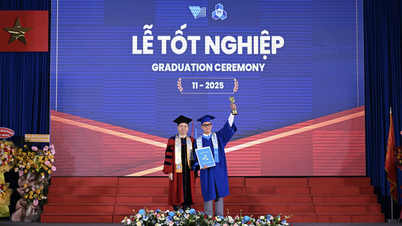










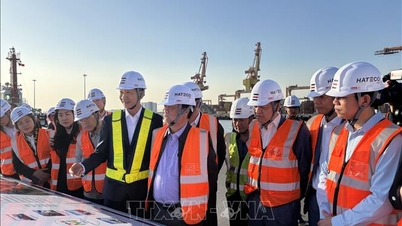


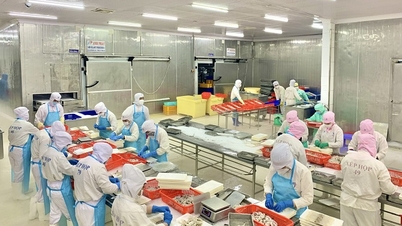

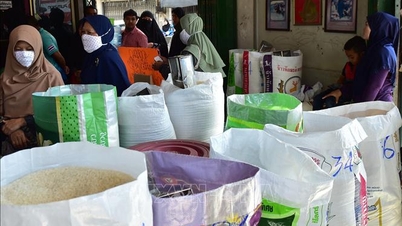

































































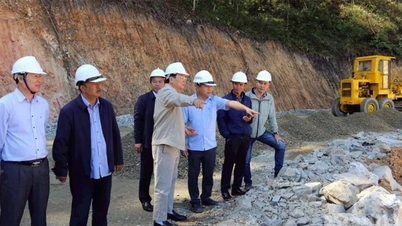
















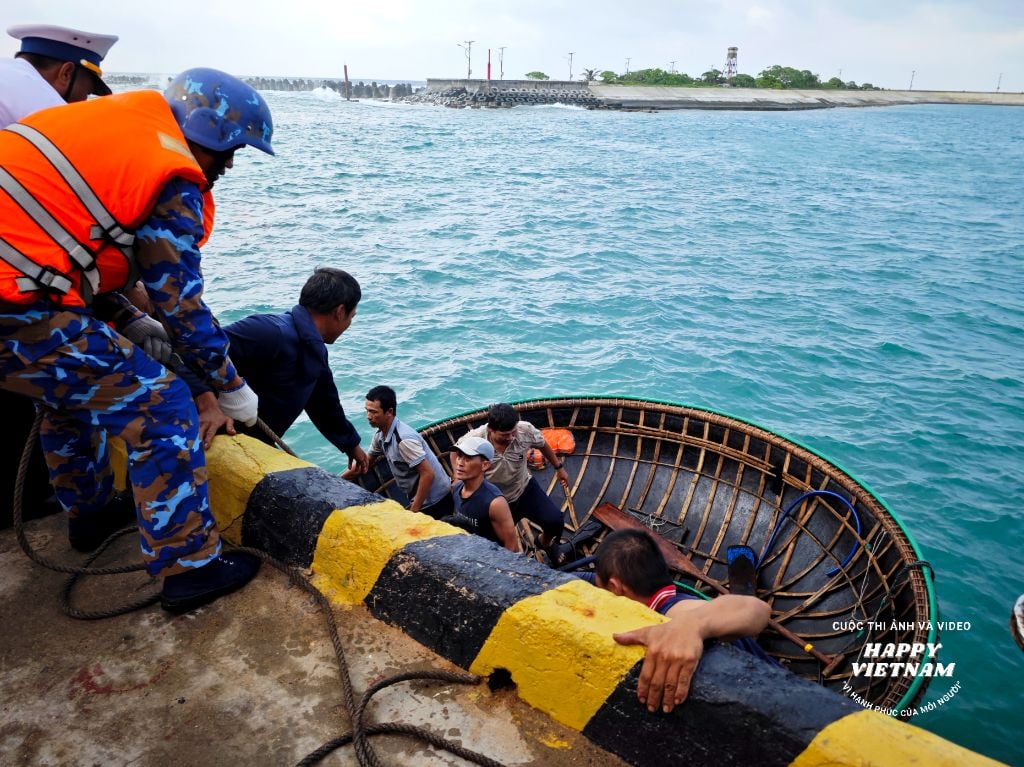


Comment (0)